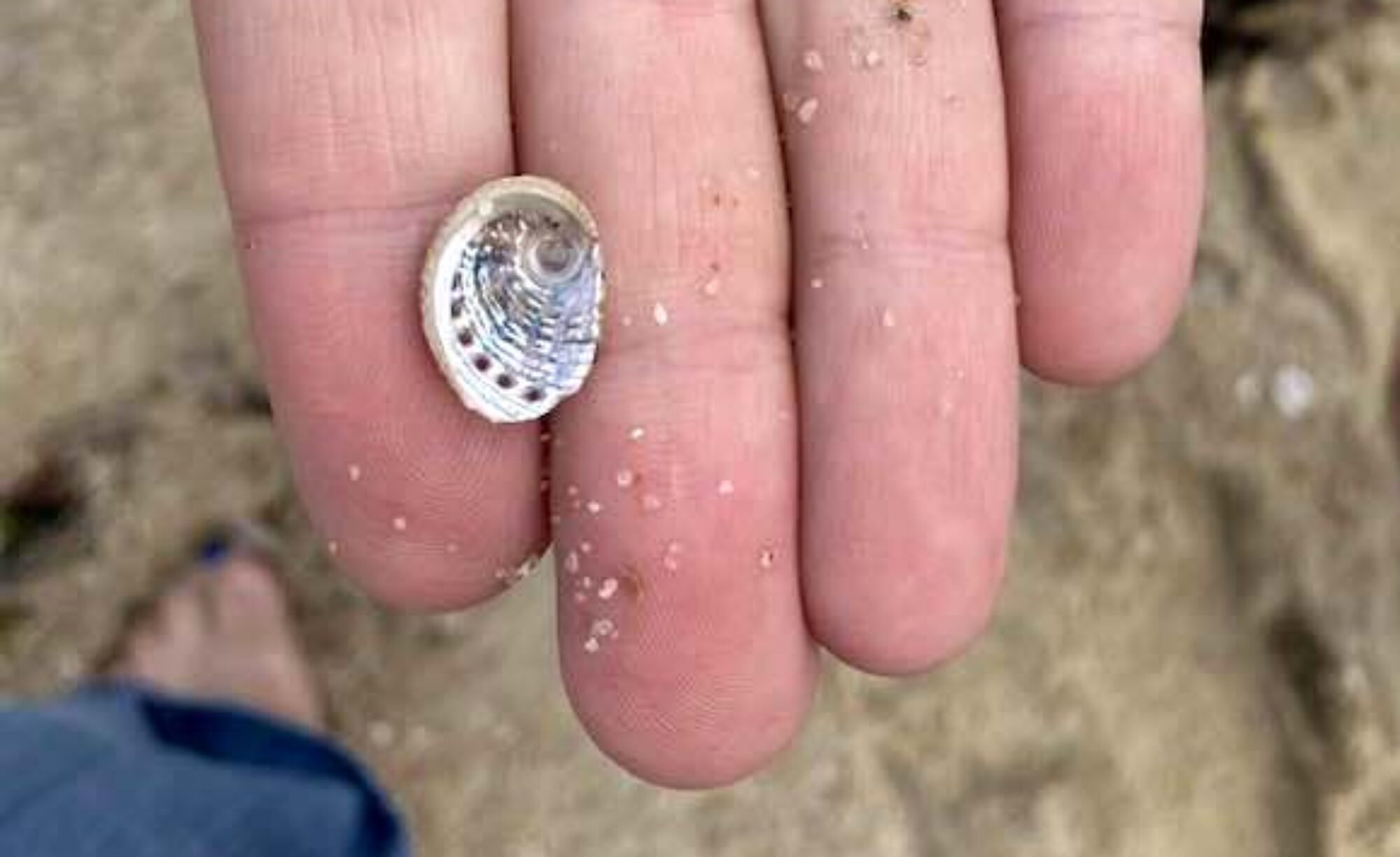As so many of our usually unconscious patterns and routines are suddenly having to be rethought (with all their starbursts of connections also rethought) those trying to add school at home into the mix will possibly be experiencing some serious cases of mashed potato brain.
🤪
This post is not so much about resources (might do a separate one for that if it’s wanted) but for quieting hearts with perspective and experience.
I’ve asked some friends to contribute comments for this post about what they see matters most about these coming months.
From me:
I’m probably more schoolish than a lot of my friends due to the 20 year history of school.
First remember if your kids have a week off school for any usual period of illness or a family holiday, what the miss in that week is not what they need to catch up on upon their return. For the most part- what they need to catch up on is the concepts that build in a specific area – namely maths and English. So, even in our homeschooling if we’ve been sick or stretched, these are the two areas we keep working on till health or normal 🤯🤪🥴😂 returns.
As for getting it all right? Well. This is a good news bad news situation.
a) You won’t. You can’t. So relax.
b) who ever said we had to get it all right?
Who set that bar for you?
It’s an impossible bar when it’s mostly compiled from an ever increasing list of ideals and things we admire (based in comparison which results in condemnation) or desire (which is often more about us than the child)
Do you love them?
Are you going to do your best for them? That’s a pretty great foundation.
Be at least as nice to you as you would to your best friend in the unseenness of your own mind and expectations.
And here are some thoughts from a few wonderful friends.
Carolyn:
… get them/keep them reading. For processing – no need to make it complicated – tell you about it, draw pictures, make a stop motion. Just keep em reading.
Maxine:
And digging in the dirt and climbing trees…
Sally:
Tell them to enjoy the precious family time first of all … everything else will come after that.
Sal:
Talk about everything, from feelings and fears to how things work. Research if you have questions. Read aloud while the kids draw/build etc. Teach them to cook something new. Walk, wander, watch the clouds, follow the ants. Grow something – on a windowsill, in pots, in a garden bed. Build stuff, write about stuff (including this crazy time) and above all, try your best NOT to fill up every minute with ‘education’. Let it happen. Let them discover.
S L O W D O W N!
Linda:
Love all the above comments ❤️…most of all take time to discover that EVERYTHING your child does on a daily basis is part of the building blocks of ‘learning’…every single small task or experience fits into one of the curriculum areas set out by educationalists – multiple skills are being developed and lessons learnt whilst doing simple things like playing board games, sorting washing, visits to the doctor etc.
Embrace the change in a way that will build resilience in your family as they come to realise that life can take some unexpected curves but that they can adapt and be ok in the midst of it all.
Sanj:
I’ve been saddened to see many jokes and memes about that infer that parents won’t survive if they need to homeschool. I understand we turn to jokes to relieve stress and a lot of the time it’s a great way to relieve the pressure. But unfortunately these jokes and comments are heard by the children and inturn creates an emotional response in them. My biggest advice is to be upfront with your family. If you’re overwhelmed tell the kids that it’s a new experience for parents just as much as for the children. Explain that to have success in these new circumstances it’s going to take a whole lot of team effort from child, parents and/or carers. I’d avoid trying to replicate school at home as it just sets families up for failure – and in many ways it would be best not to try and do school at all in an formal way – many parents entering homeschooling are recommended to take a year to ease into it. But if people are keen to get into learning, read, read and read. Look up interesting facts. Like history for example look up all the worldwide plagues and how society suffered, reacted or succeed during those times. Study the human body and how the immune system responds to virus, bacteria’s and cancers as a comparative study. Look at world economies and see why they have risen and fallen in past times. Make the education relevant to what they are going through and exciting or choose other things that peak their interest. Expect to make mistakes and work as a team to resolve them. Expect crazy emotions and talk about them together – give huge amounts of grace to each other. Most of all make them feel safe, safe about their education and the strange situation, let them know this is only a blip and they will progress well no matter where or how the learning occurs. After all adults and children alike are learning a lot of new things at the moment – our whole way of living is changing so we can rest a little while we learn how to live in these new days!

